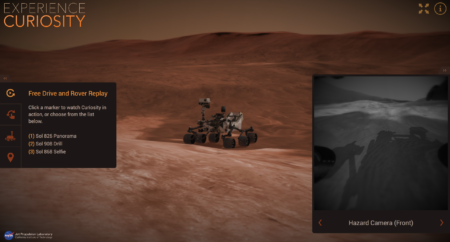I am happy to notice slow withdrawal of closed-source solutions such as Adobe Flash (and so available only on selected platforms) from the web. When I have working Open-Source and (mostly) BSD-based web browser (Chromium) with some commercial support (Google) at least to display H264 encoded multimedia content (using Open-Source x264 software implementation), and there is HTML5, I start to consider Vimeo a better option than Google’s YouTube, if we speak of quality.
Although Google develops Open and Free multimedia codec called WebM, at the same time they use annoying commercials that makes WebM-ready videos unavailable in most cases on HTML5 YouTube and push users towards Flash anyway, as opposed to Vimeo where all H264 videos works flawlessly in HTML5…

I was even more surprised to see for the first time a very colorful, scalable, interactive and full of multimedia content website of Jennifer Vaughn (created by Phil Giampi) that use NO closed-source Adobe Flash at all!! This website works flawlessly in Chromium browser on my FreeBSD Unix style desktop which use only Open-Source and Free-Software components and embeds Vimeo content. Thank you for supporting high quality open web (although its not totally free)! :-)
What about WebM? Google at one hand creates Free and Open standard such as WebM, but on the other hand Google does not seem to support it at all – neither in its own projects (see advertising with Flash on YouTube that blocks HTML5) nor in external projects (see Mozilla/Firefox struggling alone to promote WebM, see Google Chrome that simply buys restricted H264 license and thus promotes the competitive standard). I think it might be cheaper for Google to make H264/X264 free to use (at least as renderer like Microsoft did) rather than investing into something that is not going to be used anyway… What is the internal organization of Google? Do people need to fight for their projects against each other inside? Why there is no global view for better coordination? This seems to be a great waste of energy, WebM seemed to be very promising Free and Open Standard :-(


